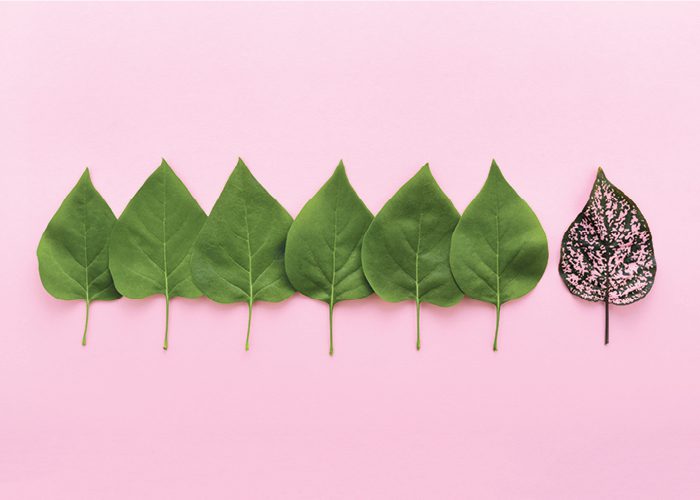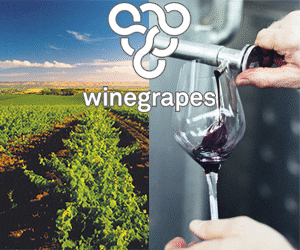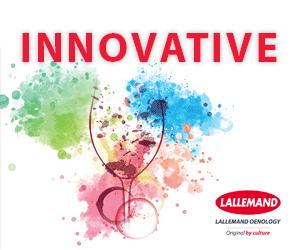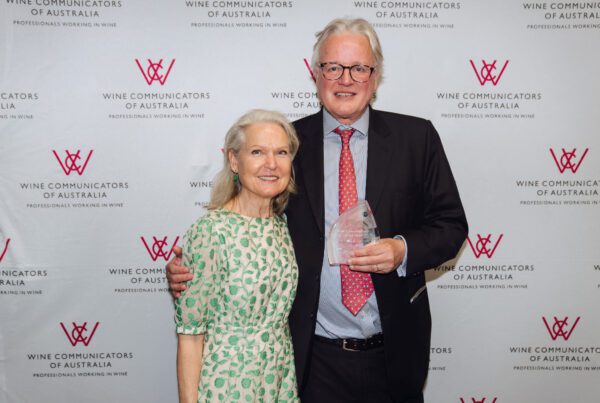
The Australian Government has concluded negotiations on the Australia-United Arab Emirates Comprehensive Economic Partnership Agreement (CEPA).
Trade Minister Don Farrell says that more than 99 percent of Australian products will enter the UAE tariff free.
It will result in estimated tariff savings of $135 million in the first year, rising to $160 million per year once the agreement is fully implemented.
Australia and the UAE are now both working to formalise the legal treaty text in preparation for signing later this year.
“Australia is currently the second-largest exporter of wine to the UAE by volume, according to IWSR data,” says Lee McLean, chief executive of Australian Grape & Wine.
“The UAE represents an important emerging market for Australian wine, serving as a key hub for international trade.
“The UAE is a vital market for Australian wine, and we are excited about the continued growth opportunities this agreement brings.
“The Australia-UAE CEPA offers a platform for ongoing dialogue and cooperation on technical matters to further strengthen trade relations between our countries.”
The UAE is Australia’s largest trade and investment partner in the Middle East with two-way trade worth $9.9 billion in 2023.
This trade agreement provides a gateway for Australian exporters to diversify into the Middle East, a market of around 58 million consumers and a combined GDP of A$1.4 trillion.
Key Australian exports to the UAE include alumina, meat, dairy, oil seeds, seafood, steel, canola seeds, nuts, honey, coal, chickpeas, lentils and higher education.
Two-way investment between Australia and the UAE totalled $20.6 billion in 2023, and this is expected to increase significantly.
Minister Farrell says the agreement will deliver real benefits for Australian farmers and food producers, with estimated tariff savings of $50 million per year for our food and agriculture exports.
“The negotiated package includes a framework which will encourage two-way investment, including in the sectors of the Australian economy that underpin our energy transition, such as critical minerals,” he says.
“The Australian mining industry will also benefit with tariff cuts on exports, including alumina which was valued at $1 billion in 2023.
“The agreement cuts Australian import tariffs on UAE produced furniture, copper wire, glass containers and plastic, making them cheaper at the checkout and lowering business costs for tradies.
“It is estimated that Australian households and businesses will save around $40 million a year.
The deal unlocks new business opportunities, creates greater certainty for Australian service providers in the UAE and makes it easier for certain skilled professionals to work temporarily in the UAE.
For sectors such as education, financial services, health and research and development services, 100 per cent foreign ownership in the UAE market is guaranteed.
The agreement includes commitments on promoting labour rights, on protecting the environment, and on sustainable development. Australia’s right to regulate for all levels of government has been preserved.
The trade agreement with the UAE is Australia’s first trade agreement with a dedicated chapter covering First Nations trade.
First Nations businesses seeking to export their goods to the UAE will benefit from preferential market access and rules under the agreement.














Recent Comments